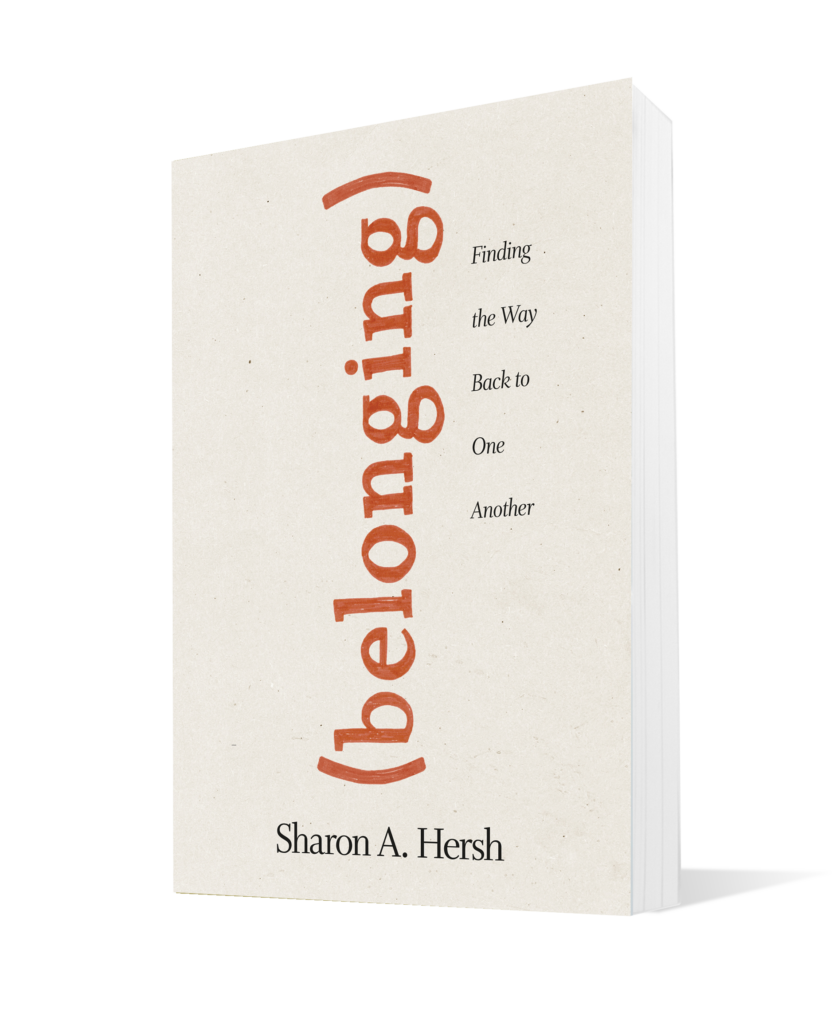Canadian author Charles de Lint describes our plight: “We end up stumbling our way through the forest, never seeing all the unexpected and wonderful possibilities and potentials because we’re looking for the idea of a tree, instead of appreciating the actual trees in front of us.”[i] The only way to nurture a hunger for truth, beauty, and goodness is to stop looking at the forest of our culture. Unexpected grace sends us looking for trees.
Activist, writer, and poet Wendell Berry suggests a different approach to life than keeping our noses to our devices, our hearts in some political tumult, and our lives entrenched in the death of division:
So, friends, every day do something
that won’t compute . . .
Give your approval to all you cannot
understand . . .
Ask the questions that have no answers. . . .
Put your faith in two inches of humus
that will build under the trees
every thousand years. . . .
. . . Laugh.
Laughter is immeasurable. Be joyful
though you have considered all the facts. . . .
Practice resurrection.[ii]
How Can We “Practice Resurrection?”
It is living in the unexpected grace—the way of finding one another—by
letting our need to be right die;
killing our prejudice by being a place of refuge to others;
caring about more than ourselves;
pushing past apathy to kindness;
looking for the invisible, those on the edges of our stories;
speaking words of life, hope, and inclusion;
laughing at ourselves;
feeling deeply about ordinary people in ordinary moments;
having faith in the goodness of people, and always—even when people let us down—having faith in the goodness of God; and
acting as if we belong to one another so whatever we’re in the middle of right now can be filled with redemptive truth, beauty, and goodness from the power of withness.
Practicing resurrection means cultivating our appetite for More than this paltry, divided, flimsy world can offer and getting busy living for More.
Unexpected Grace Keeps Us Hungry
You’re blessed at the very moment when you’ve worked up a good appetite for God. His story is the best food and drink in the best meal you’ll ever eat or share with others.[iii]
God has used failure, difficult people, my children, heartache, falling down, getting back up, and falling down again to change what I care about.
The paradox is that as I stop making life all about me—my rights, hurts, demands, and judgments—the more I feel cared for by God. When we own our narcissistic tendencies (we all have them!), humble ourselves, really listen, stretch our comfort zone, freely give, don’t hold back, and stop worrying about whether we are enough or there will be enough, we experience the unexpected grace of “every good and perfect gift . . . coming down from the Father of heavenly lights” (James 1:17, NIV).
Only when we stop making our beleaguered, harried hearts central in our lives can our beleaguered, harried hearts rest in a care we cannot bestow on ourselves. I cannot help but smile when I read this definition of the freedom of surrendering what I care about to the care of God:
All great spirituality teaches about letting go of what you don’t need and who you are not. Then, when you can get little enough and naked enough and poor enough, you’ll find that the little place where you really are is ironically more than enough and is all that you need. At that place, you will have nothing to prove to anybody and nothing to protect. That place is called freedom. It’s the freedom of the children of God. Such people can connect with everybody. They don’t feel the need to eliminate anybody.[iv]
Unexpected Grace Envelops Us in Care
You’re blessed . . . in the very moment of being “care-full,” because you will find yourself smack-dab in the middle of a story about being cared for.[v]
[i] Charles de Lint, Tapping the Dream Tree (New York: Tor, 2002), 291.
[ii] Wendell Berry, The Country of Marriage: Poems (Berkeley, CA: Counterpoint, 2013), 15.
[iii] Author’s paraphrase of Matthew 5:6, msg.
[iv] Quoted in Sheila Macdonald Macgregor, Re-Designing Your Life: A Practical Spirituality for the Second Half of Life (Victoria, BC: FriesenPress, 2018), 133.
[v] Author’s paraphrase of Matthew 5:7, msg.



